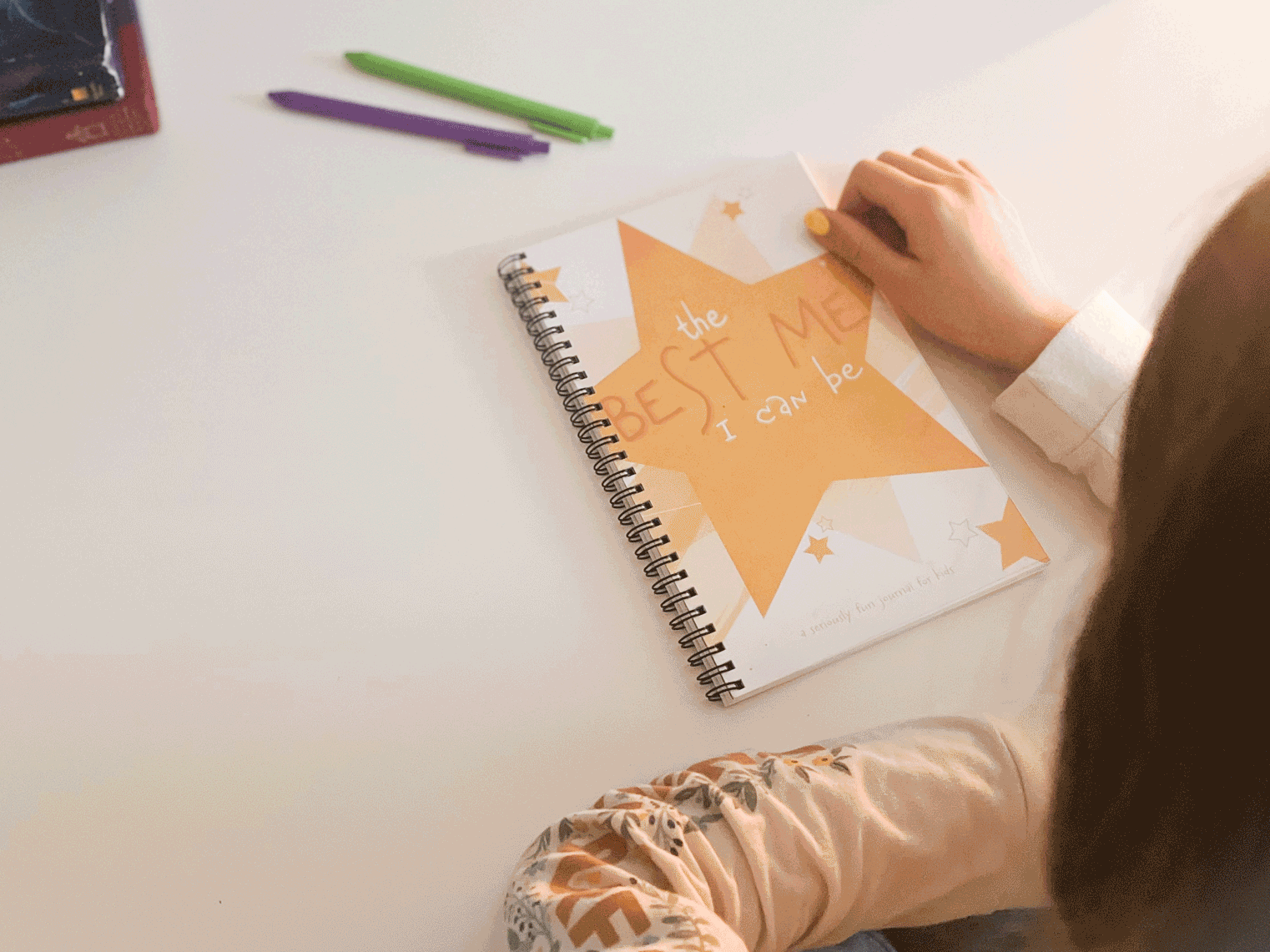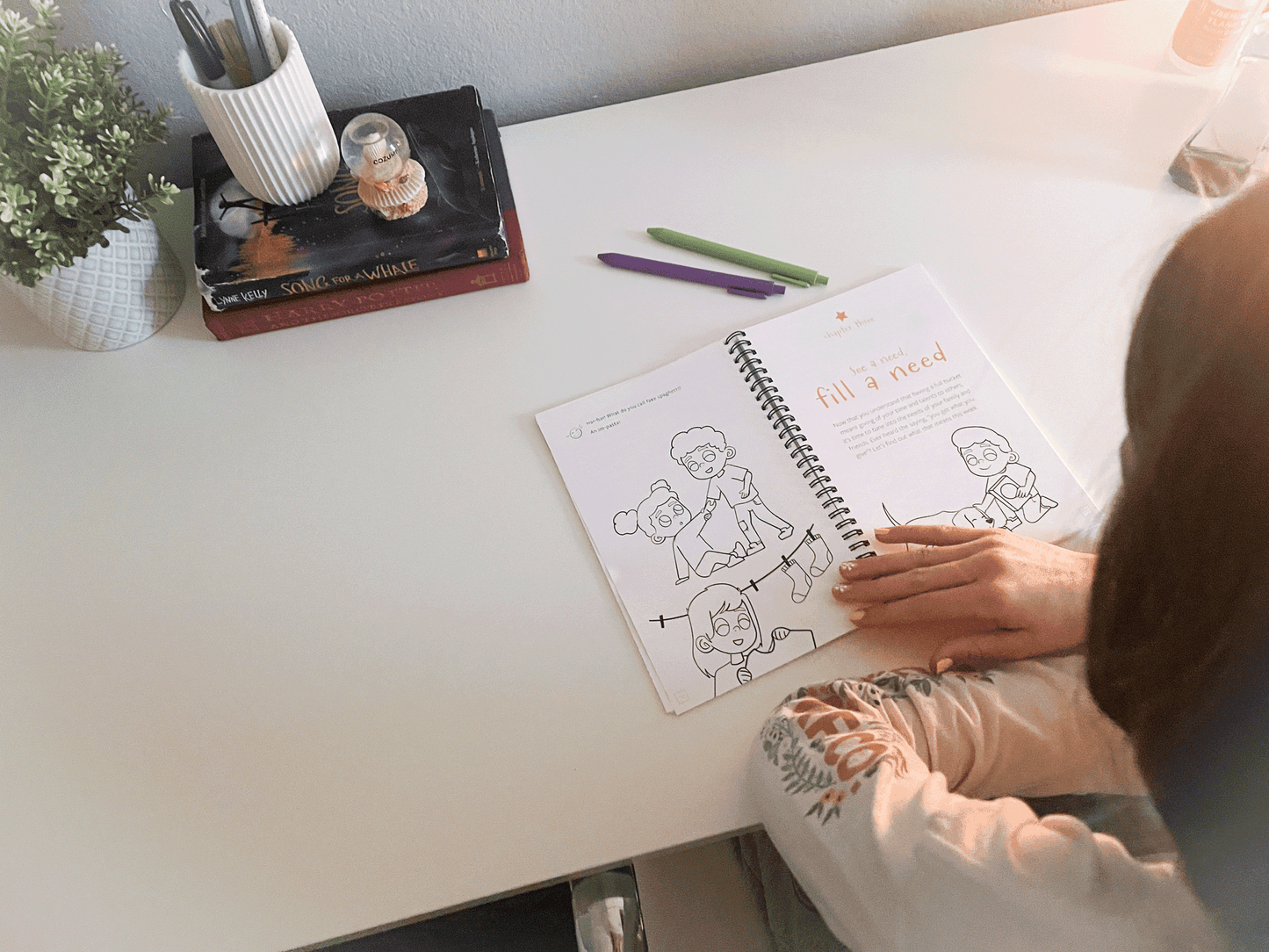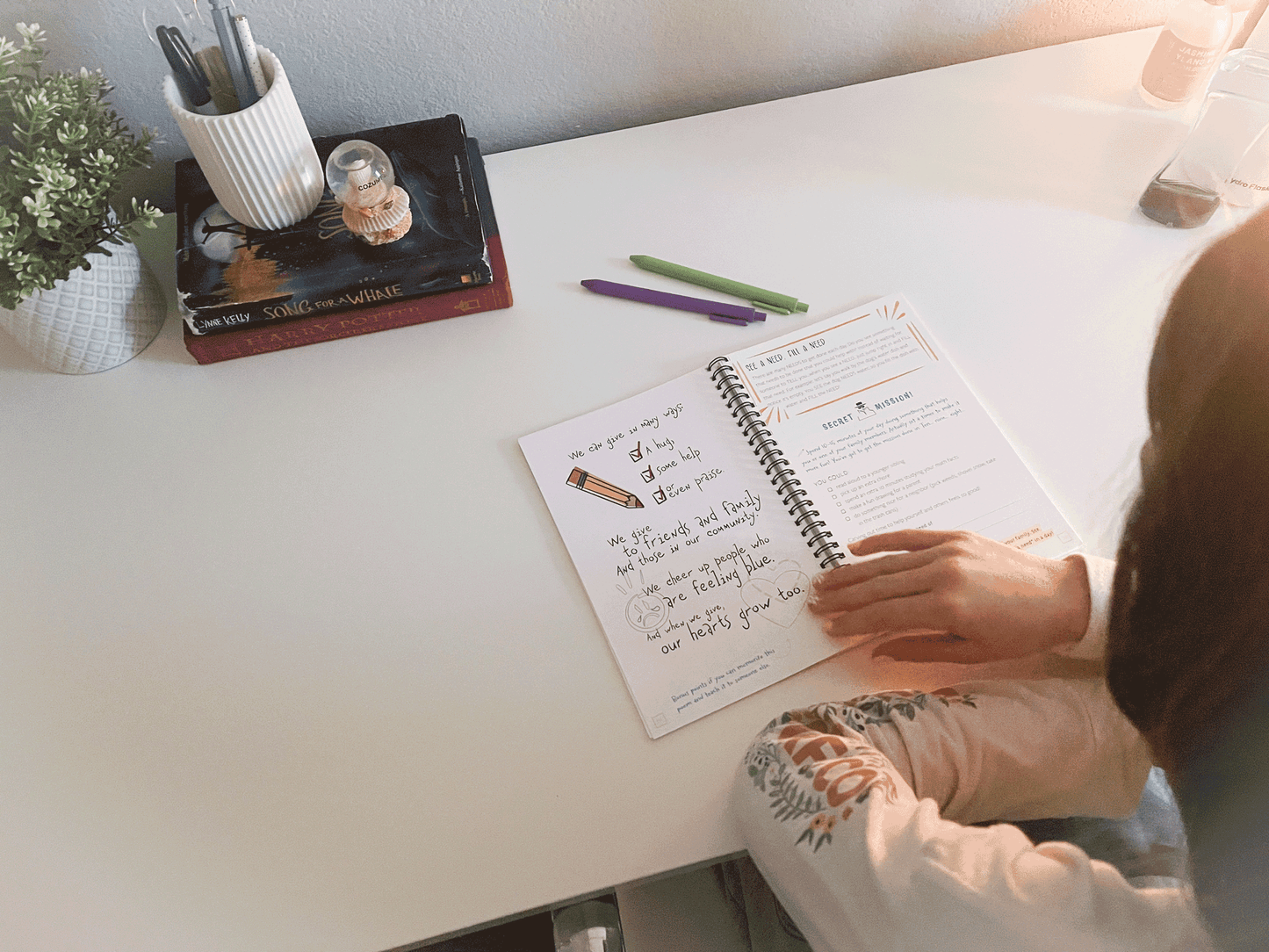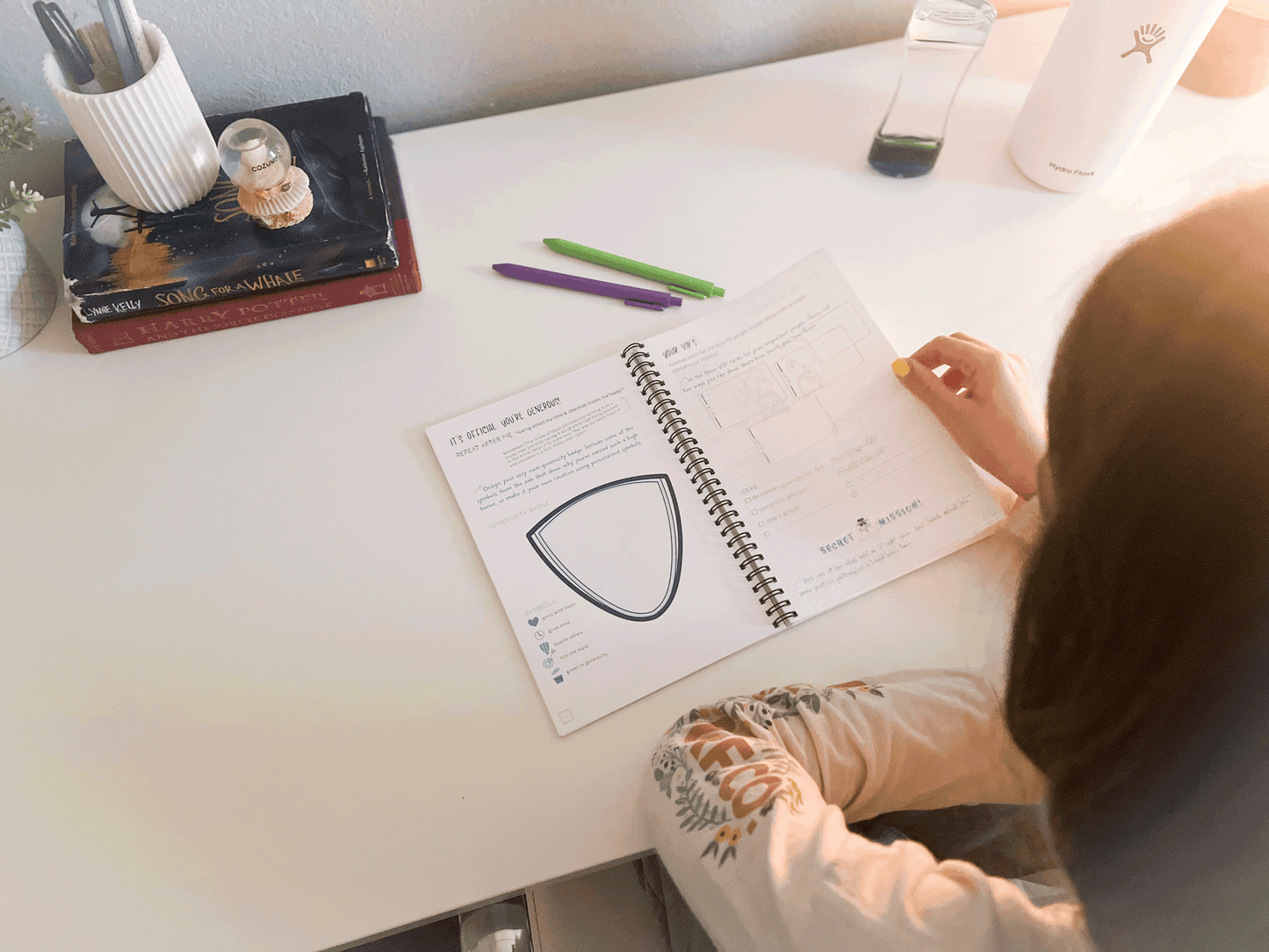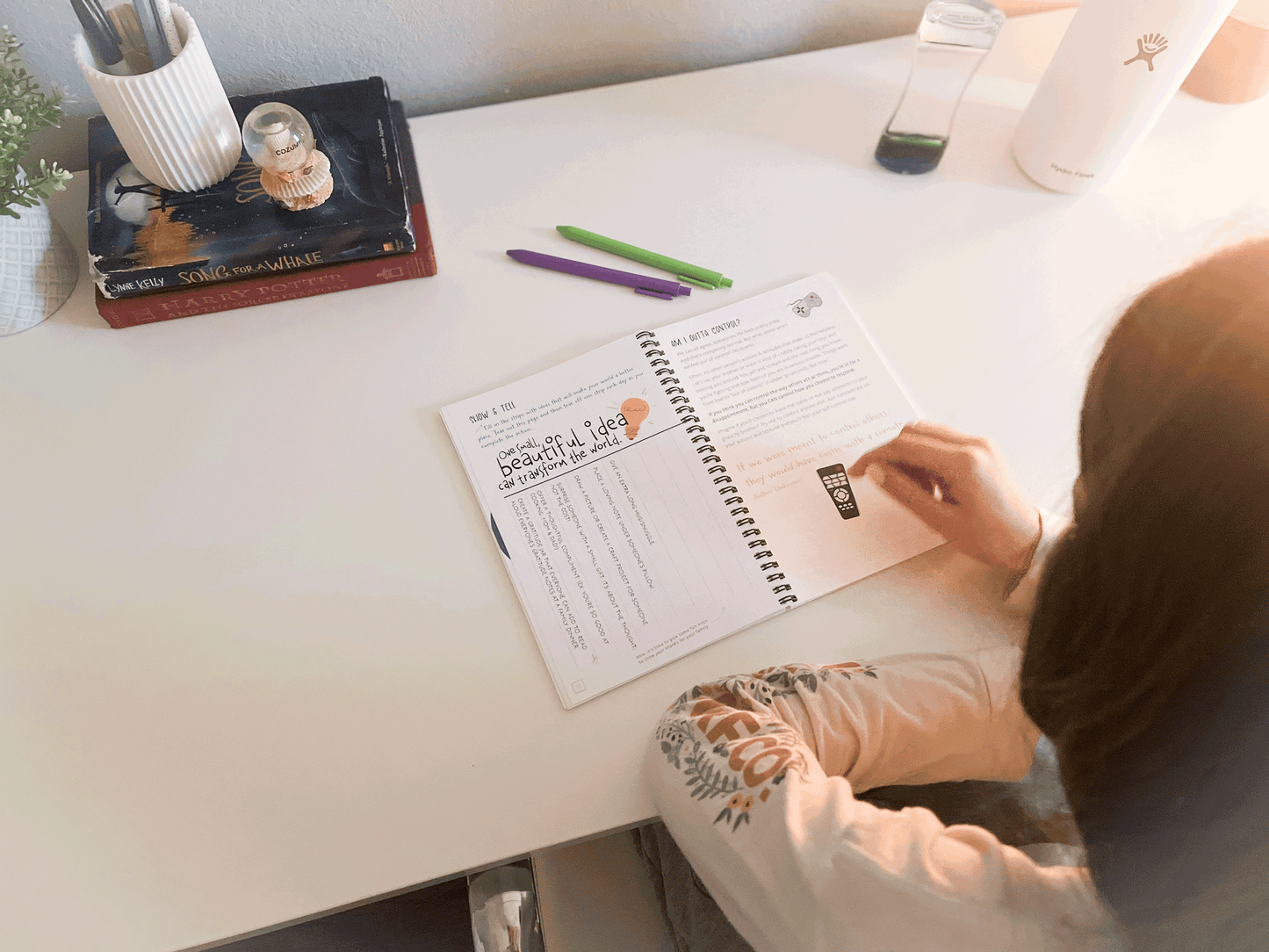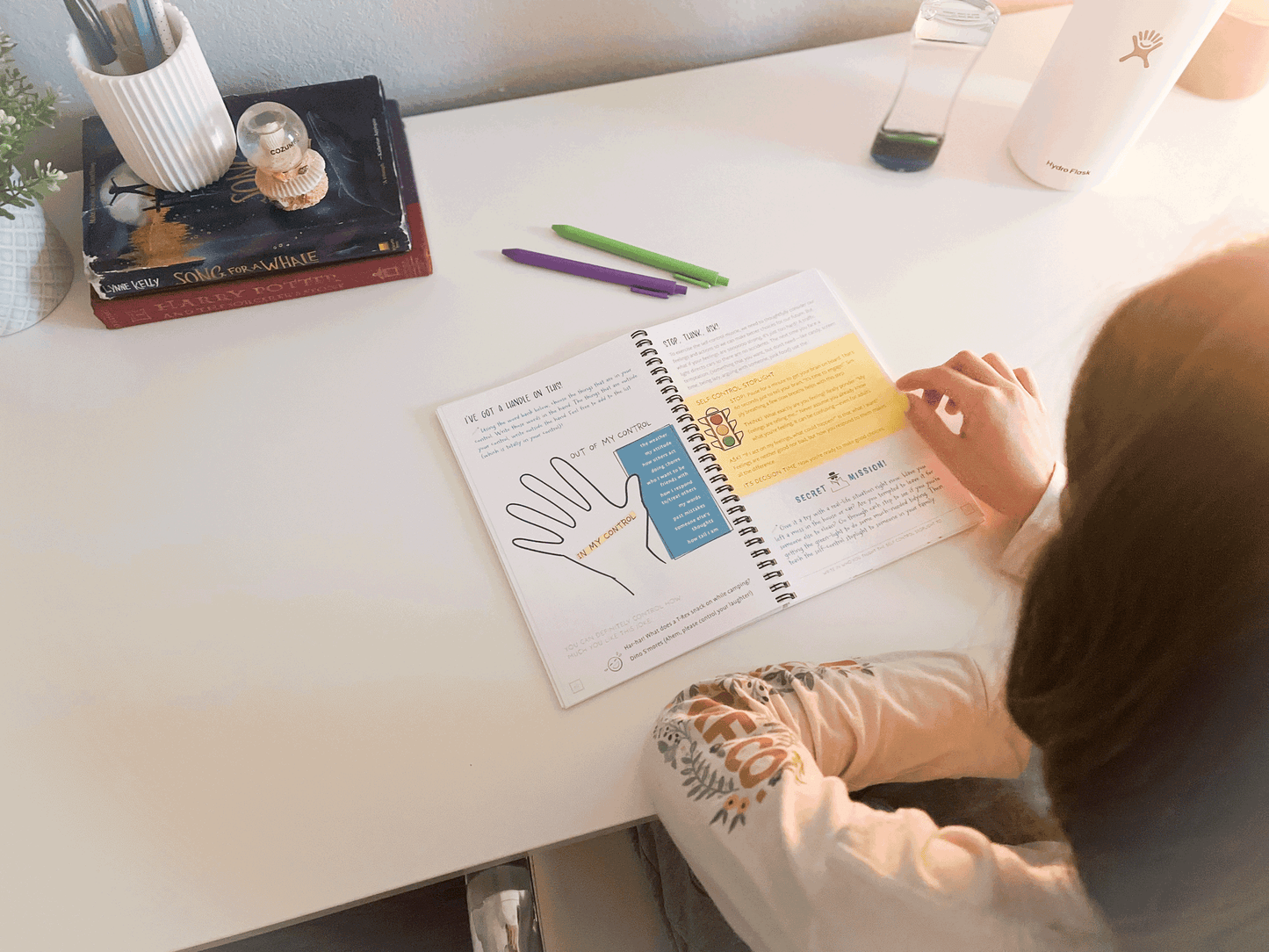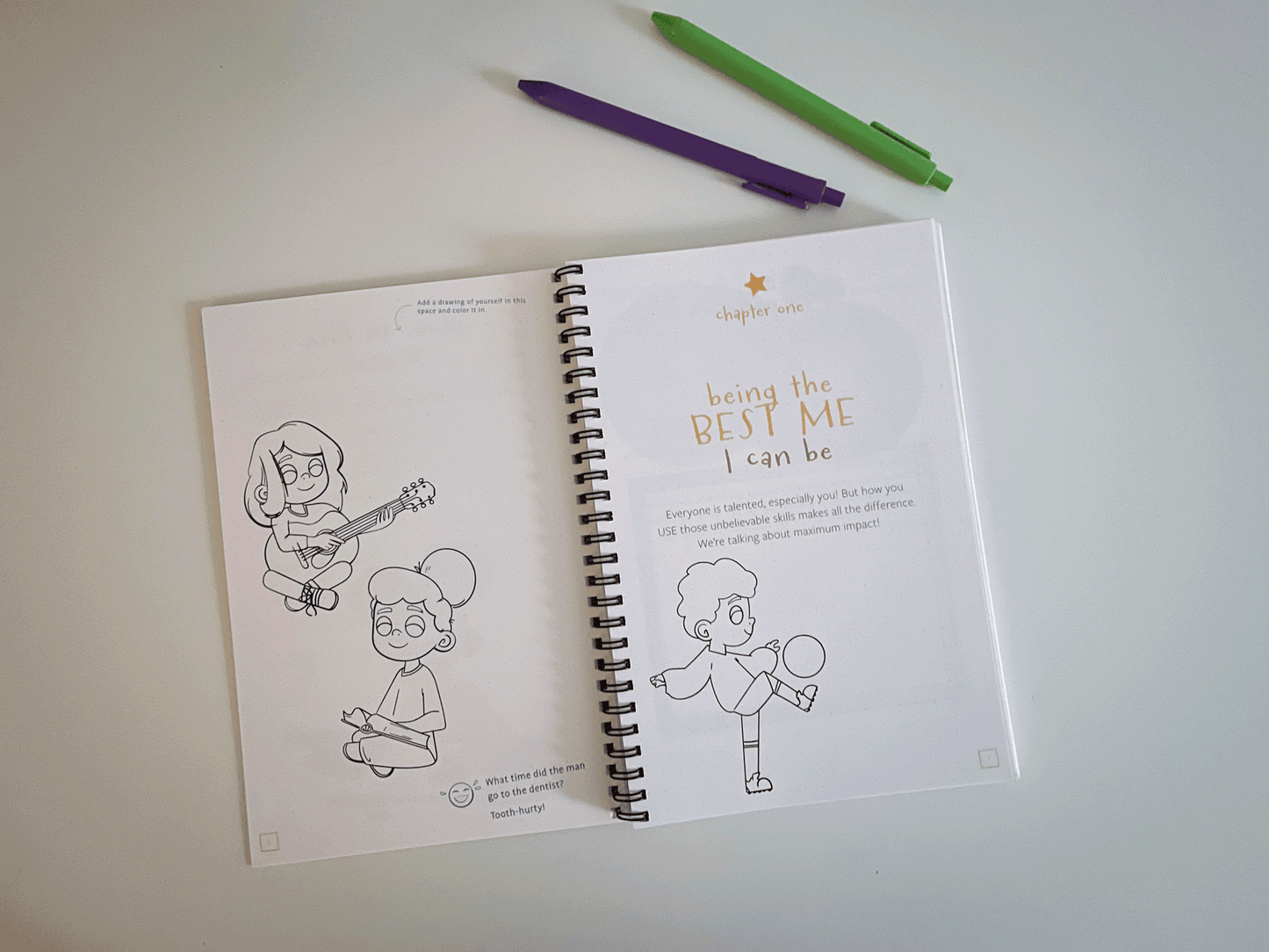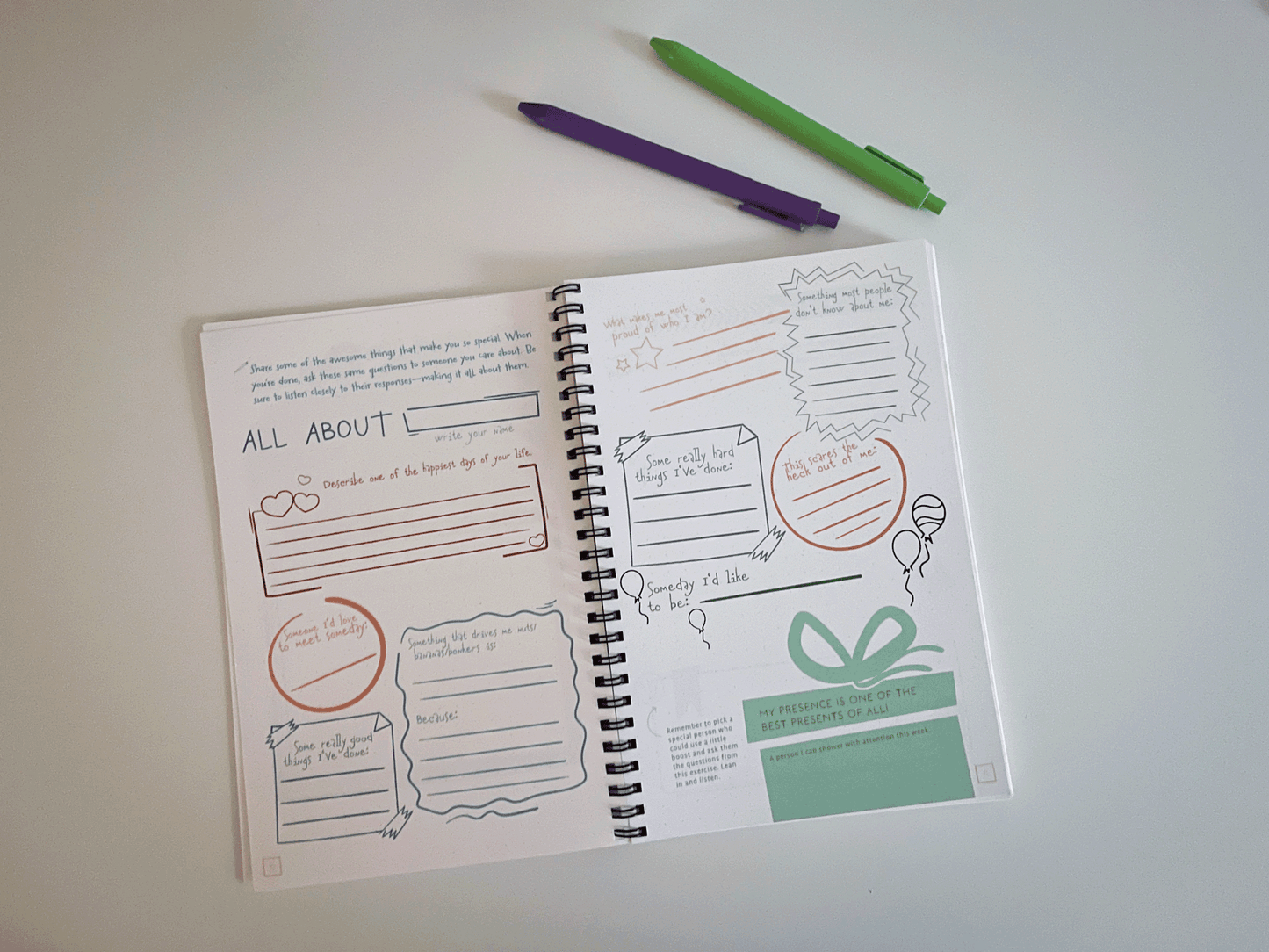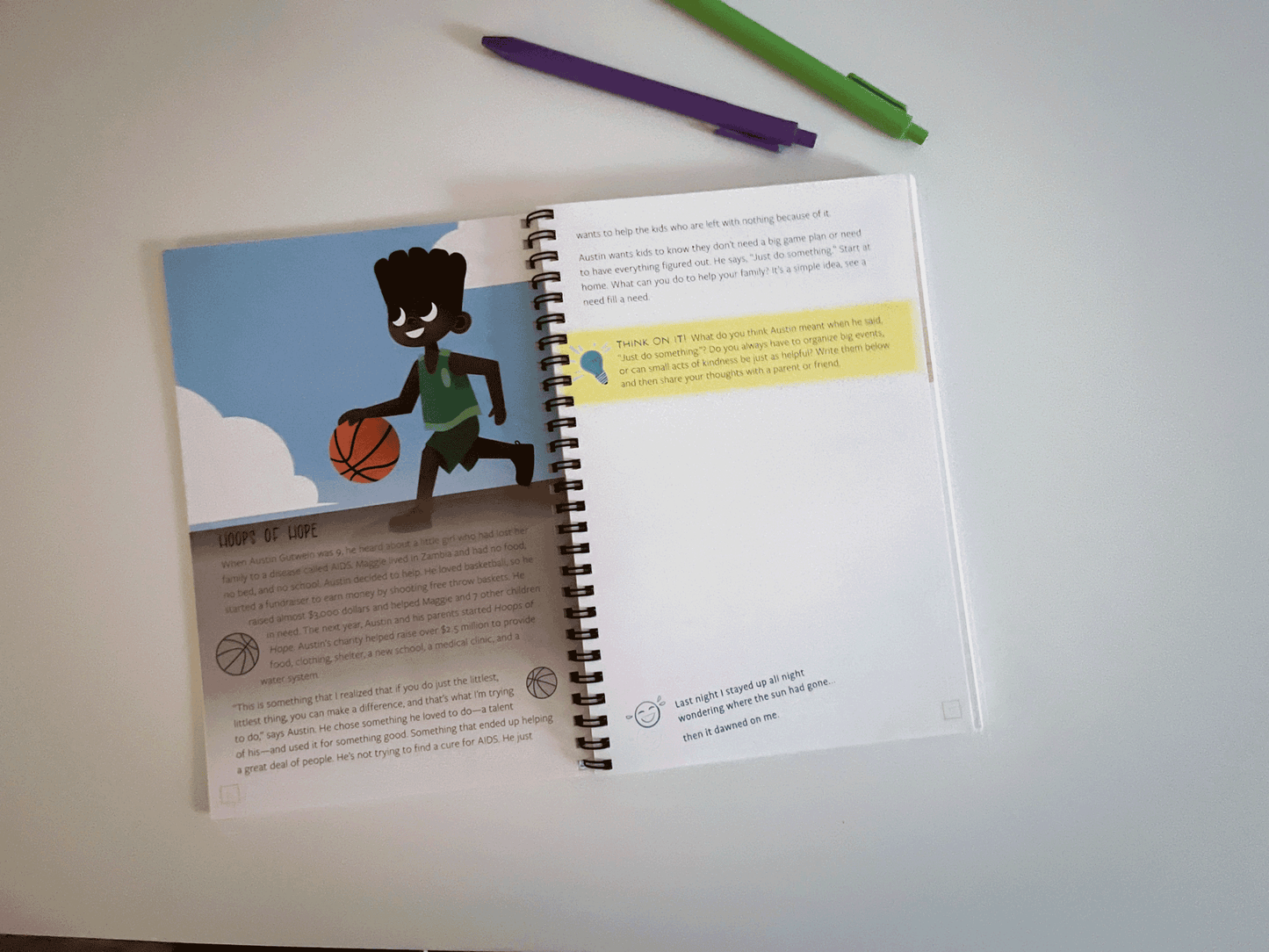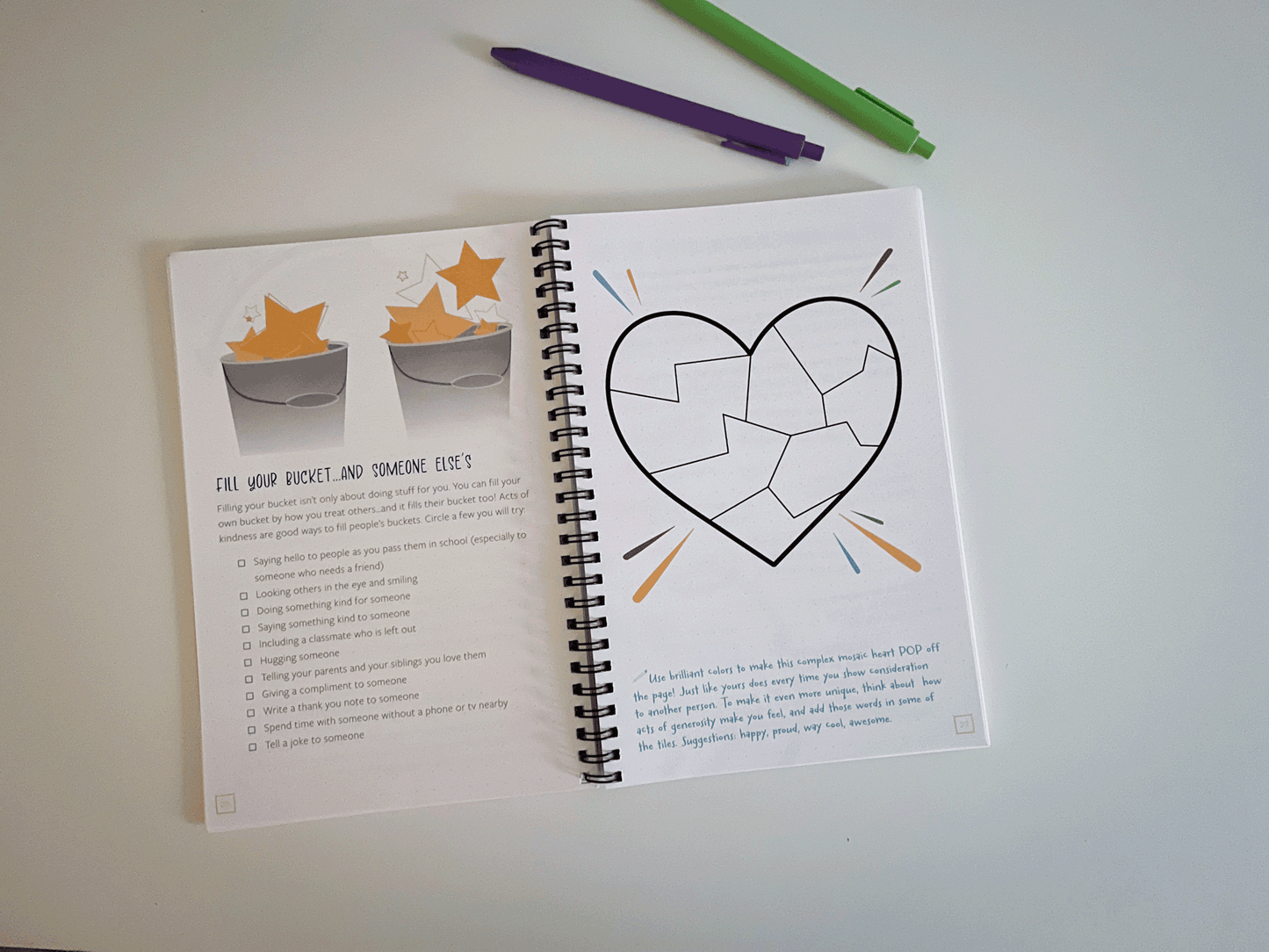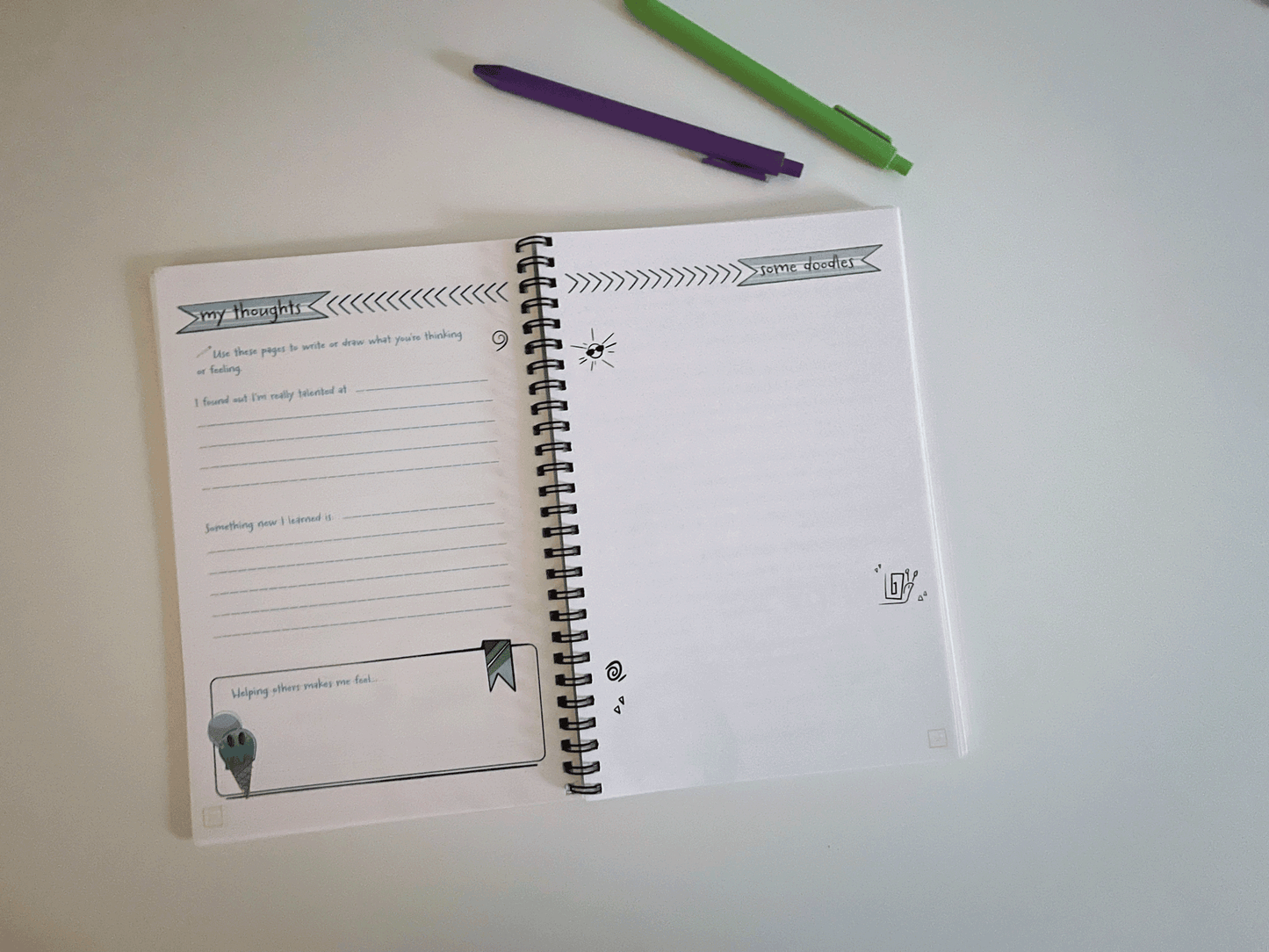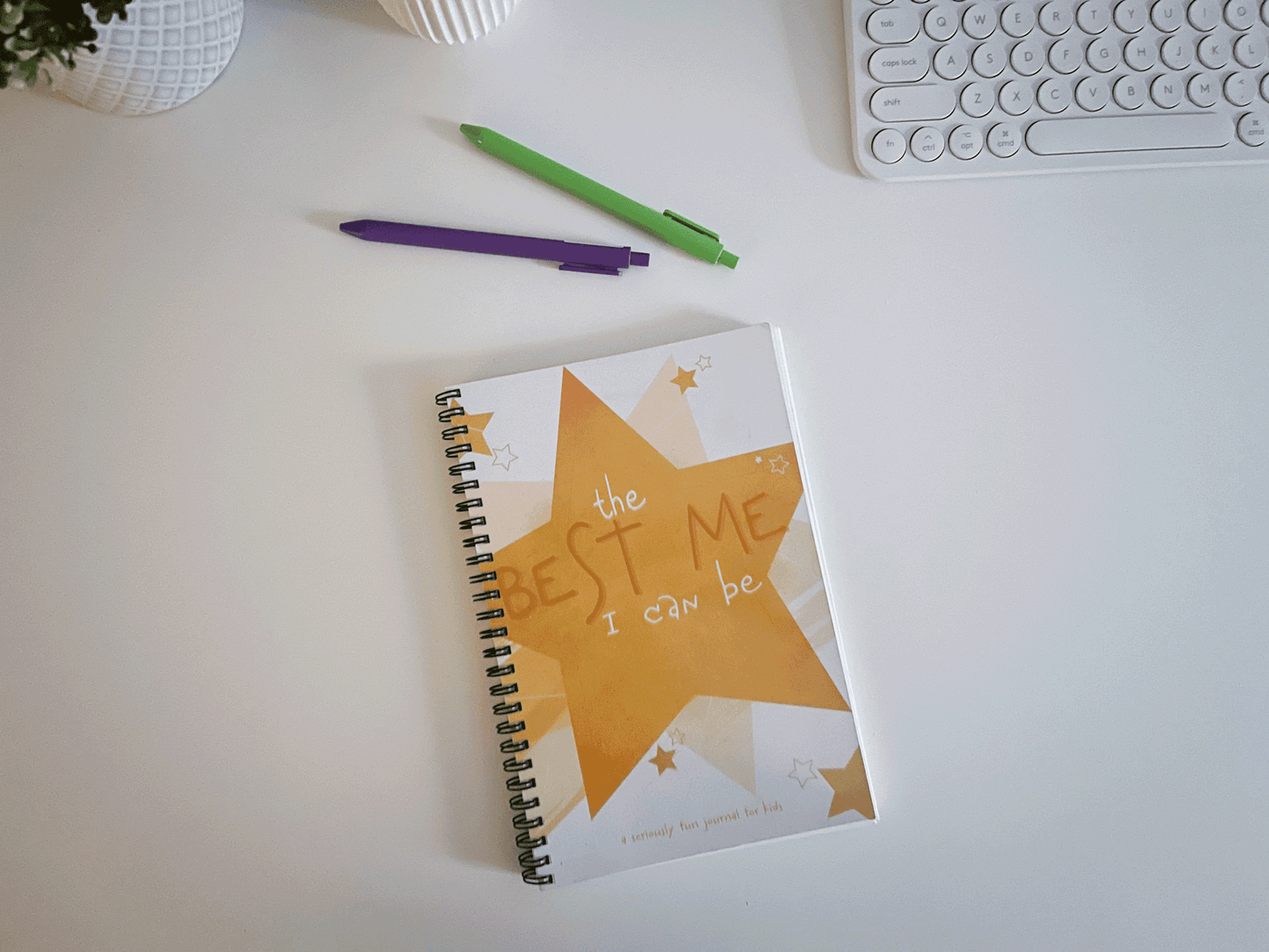4 SIMPLE WAYS TO TEACH YOUR CHILD TO BE HELPFUL
Guest Author
“Let’s go for a walk!” Lily shouts as I dress her sister early one morning.
“Well, sweetheart, Mommy’s gotta go clean up the dishes and feed the dogs, and then we can go for a walk. Okay? Good deal?” I reply, my mind already going through the morning routine.
“Good deal,” she says, and runs off.
I continue to dress the littlest, throw sleepers into hampers, and do some minor picking up in the bedrooms, before heading down the hall to clear the table of our breakfast dishes.
But they’re gone.
I turn into the kitchen and find, to my absolute surprise, my toddler scraping oatmeal into the trash can, a small stack of bowls on the floor at her feet, and one already loaded into the opened-by-her dishwasher.
My girl had heard my condition for the walk, had taken into account the work that had to be done beforehand, and had decided—all on her own—to help me accomplish these tasks.
My heart swelled.
And this is not the first time my girl has taken it upon herself to be helpful—she regularly brings diapers to the trash, cleans up toys, sings to her sister when she’s angry.
We’ve managed to instill in her a desire to be helpful.
And it really isn’t as hard as I thought it would be!
Here are the four simple ways my husband and I teach our children to be helpful:
1. Model helpfulness.
Let your child see you offering to help others—hold doors open for people; help your spouse put away dishes or fold laundry or pick up; etc. And let your child see you asking others for help, as well—let them see that getting help is just as valuable and admirable as being helpful. It also allows your child to see that helping others is a normal function of society!
2. Ask your child to help.
Set your child to small tasks—like throwing away trash or scraping bowls or sweeping the kitchen or cleaning up their toys between play sessions. Make sure to include words like “please” and “thank you” to encourage them to help, rather than forcing it. And, if they decide they don’t want to help sometimes, let them be. We don’t want to be expected to help everyone every time we’re asked, so why should our children? But, do make a point to enforce it sometimes!
3. Praise your child for helping.
Use specific words, like, “Thank you for throwing that trash away. That was very helpful!” We all love to be acknowledged for the good we do, and children are no different. Be sure they know you appreciate their help, and they’ll want to keep giving it!
4. Ask your child if they need help.
Sometimes we, as humans, have a hard time asking for help. And sometimes children become so determined to conquer something that frustration can blind them. Let them know that it’s okay to ask for help, and that it’s okay to accept help. If they refuse it but continue to struggle, try again. Maybe even remind them, “it’s okay to need help sometimes.”
The easiest way to instill a sense of helpfulness into a child is to make them feel part of a community and family. By showing them how to be helpful and helping them build that skill set, children can foster their own natural sympathy and begin to use it of their own accord. You will be amazed at the things children will offer to help with! It all just starts with you.



